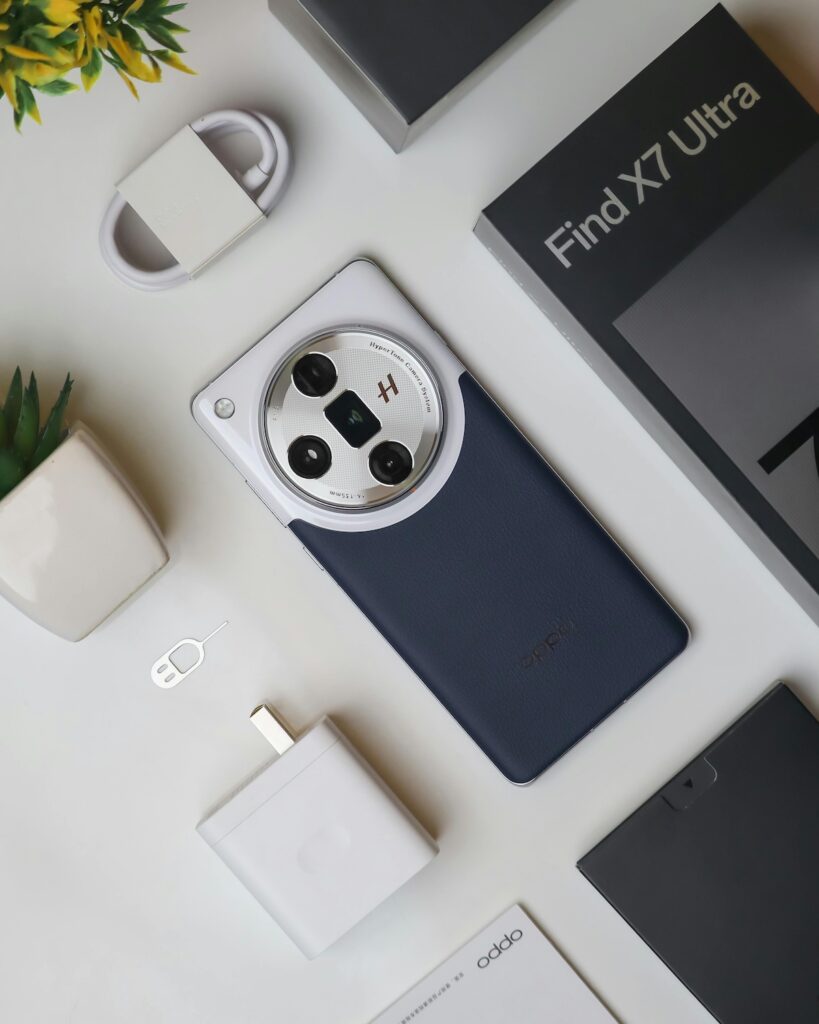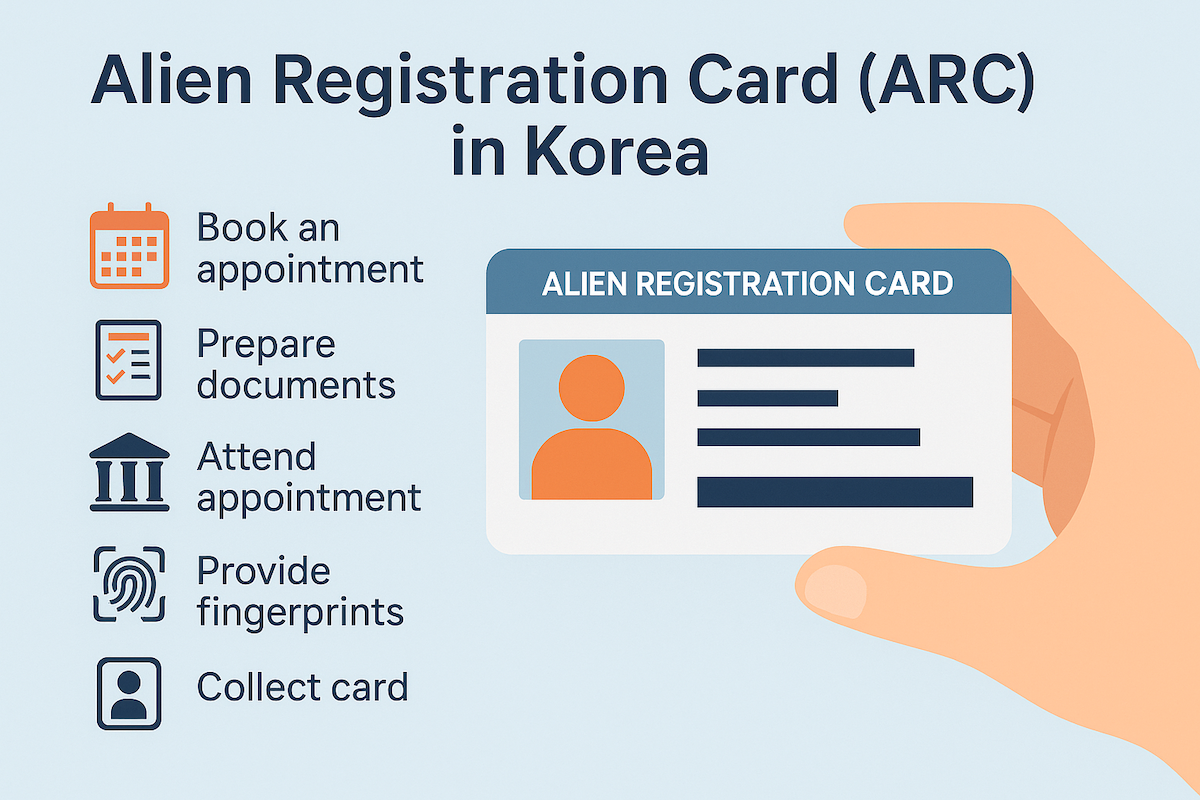✨ Introduction
If you’re planning to live in Korea, one of the first challenges you’ll encounter is housing. Unlike many countries where renting is straightforward—monthly rent plus utilities—Korea has two distinct systems: jeonse (전세) and wolse (월세).
These aren’t just rental contracts; they are deeply tied to Korea’s economic history and unique property market. For foreigners, understanding how these systems work is essential before signing any lease. This guide breaks down jeonse and wolse in detail, compares their advantages and disadvantages, and explains what foreigners should know in 2025.
🏡 The Origins of Jeonse and Wolse
Jeonse (전세): A Historical Korean System
- Jeonse developed during Korea’s rapid economic growth in the 1970s and 1980s.
- At the time, banks provided limited credit. Landlords used the lump-sum deposits from tenants as investment capital.
- This system acted like a substitute for mortgage lending: landlords had access to cash, tenants had stable housing without paying monthly rent.
Wolse (월세): The Global Standard, Korean Style
- Wolse is closer to what most foreigners know as monthly rent.
- It became more popular as housing prices rose and fewer tenants could afford massive jeonse deposits.
- Today, younger Koreans and many foreigners prefer wolse because of its lower upfront cost and flexibility.
💰 How Jeonse and Wolse Work in Practice
Jeonse
- Tenant pays a large deposit (often 50–70% of the property value).
- No monthly rent, only utilities and building maintenance fees.
- Contract typically lasts two years.
- Deposit is fully refundable at the end of the lease if properly registered.
Wolse
- Tenant pays a smaller deposit (around 5–20 million KRW).
- Monthly rent ranges widely depending on location and property type.
- Contracts usually two years, but short-term options are easier to find.
📊 Pros and Cons
Jeonse
Pros:
- No monthly rent.
- Stability for two years.
- Useful for long-term residents with available capital.
Cons:
- Requires huge upfront funds.
- Risk of deposit fraud if the contract isn’t registered.
- Harder for foreigners without significant savings.
Wolse
Pros:
- Lower deposit, easier entry for foreigners.
- More flexibility for short-term stays.
- Widely available in urban areas.
Cons:
- Ongoing monthly financial burden.
- Over several years, total cost may exceed jeonse.
⚖️ Legal Framework Protecting Tenants
- Housing Lease Protection Act (주택임대차보호법) guarantees minimum two-year lease terms.
- Tenants can register their lease at the local district office (주민센터).
- Hwakjeong Ilja (확정일자): A certified date stamp that secures your deposit in case of landlord bankruptcy.
📌 Reference: Ministry of Land, Infrastructure and Transport
🚨 Common Issues for Foreigners
Deposit Scams
- Some landlords take jeonse deposits without the ability to return them.
- Always check the property ownership certificate (등기부등본) via a licensed real estate agent.
Misunderstanding Contract Terms
- Jeonse and wolse can be hybrid: for example, 50 million KRW deposit + 300,000 KRW monthly.
- Foreigners often confuse this with pure wolse, but the risk and structure are different.
Language Barrier
- Contracts are in Korean. Bring a Korean-speaking friend or request English translation.
🧮 Practical Example Calculations
Jeonse Example
- Deposit: 200,000,000 KRW (~150,000 USD).
- No rent for 2 years.
- At contract end: full deposit returned.
Wolse Example
- Deposit: 10,000,000 KRW (~7,500 USD).
- Monthly rent: 800,000 KRW (~600 USD).
- After 24 months: total paid = 10,000,000 deposit + 19,200,000 rent = 29,200,000 KRW.
🌍 Which is Better for Foreigners?
- Students / Short-term residents → Wolse, due to lower deposit and flexible terms.
- Long-term expats with stable income → Jeonse, but only if funds are available and contract is legally registered.
- First-time renters in Korea → Start with wolse or officetel, then explore jeonse later.
✨ Conclusion
Jeonse and wolse are more than rental options—they reflect Korea’s unique housing market and financial history. For foreigners, wolse is usually the safest entry point, while jeonse may be ideal for those with capital and long-term plans.
The most important step is legal protection: register your lease, secure a 확정일자, and work only with licensed agents. Understanding these systems ensures your housing experience in Korea is secure and stress-free.





